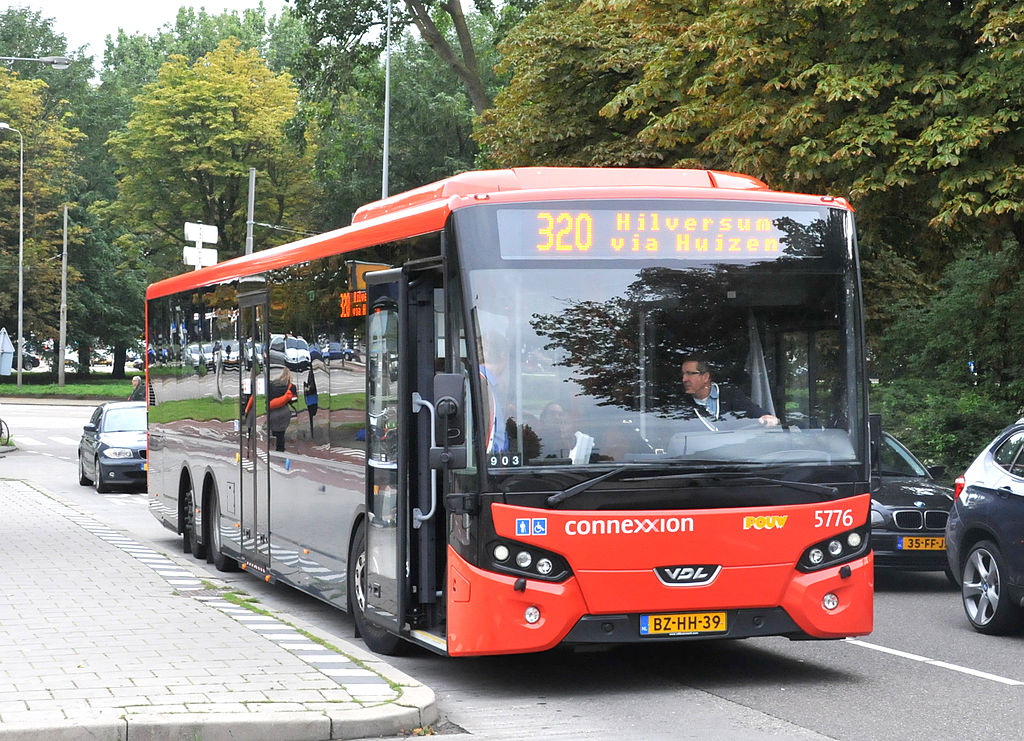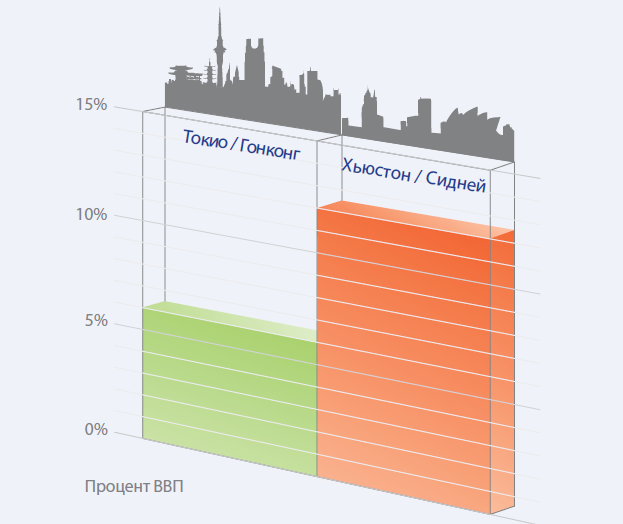The scale of the current financial and economic crisis shows that it is – a global systemic crisis that requires comprehensive changes in all spheres of economic activity. This is the most opportune moment to encourage changes in society and to abandon the way of life, depending on the vehicle.
- Public transport provides jobs and ensures their availability. In many cities, public transport is one of the largest employers, and such jobs can not be transferred elsewhere.
- In Europe, public transport operators in total create about a million jobs, and every job in the public transport sector is due to four jobs in other sectors of the economy.
- Each euro gained in the public transport sector creates value added in the economy as a whole for another 4 euros.
- The massive shift to public transport and sustainable mobility patterns helps the economy to reduce its fuel dependence and contributes to its balance of payments.
In cities with a high share of public transport, walking and cycling, transport costs account for only half of similar costs of those cities, where the proportion is low. Thus, the cost of transport in Tokyo and Hong Kong account for only 6% of the local GDP, while in Houston or Sydney, this figure exceeds 12%. Such losses can be expressed about the sum of 2,000 euros per inhabitant per year.


